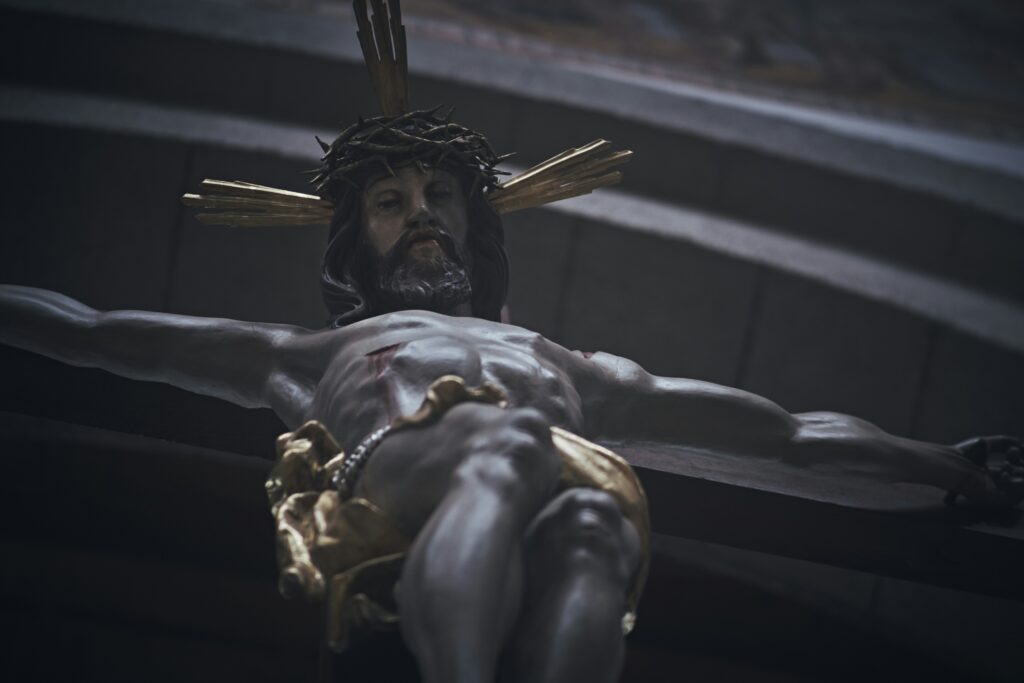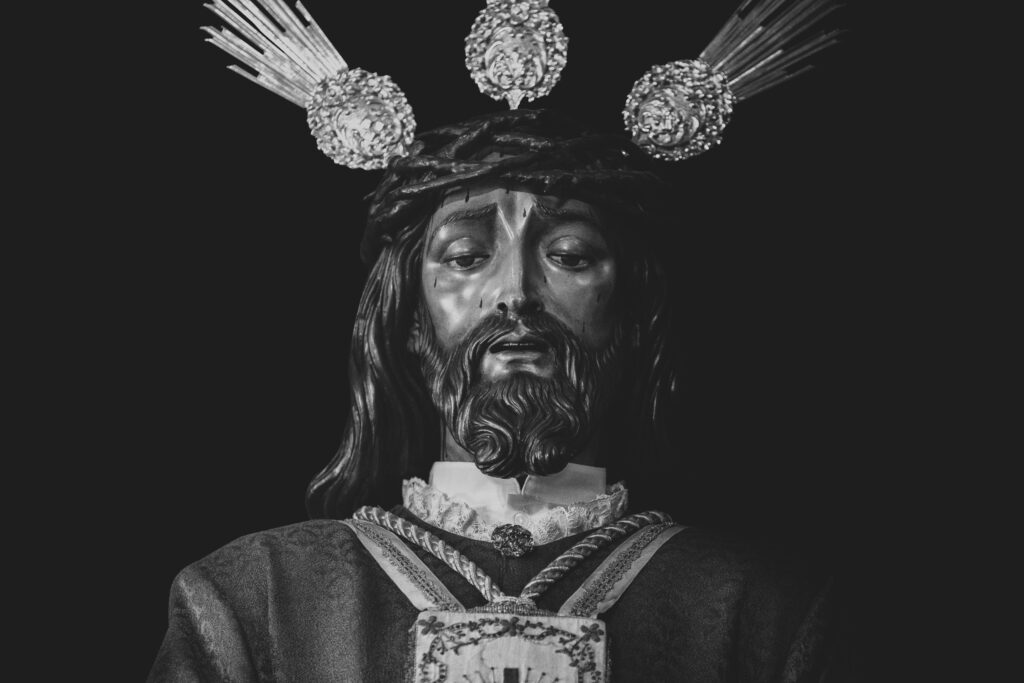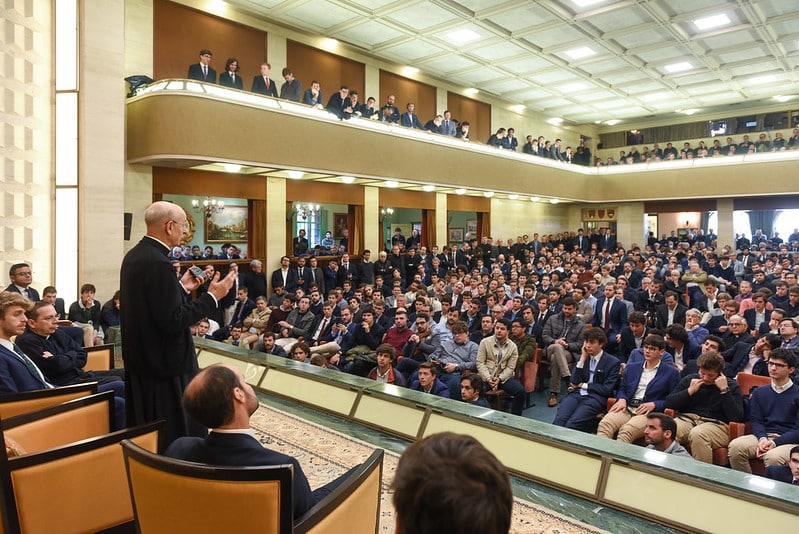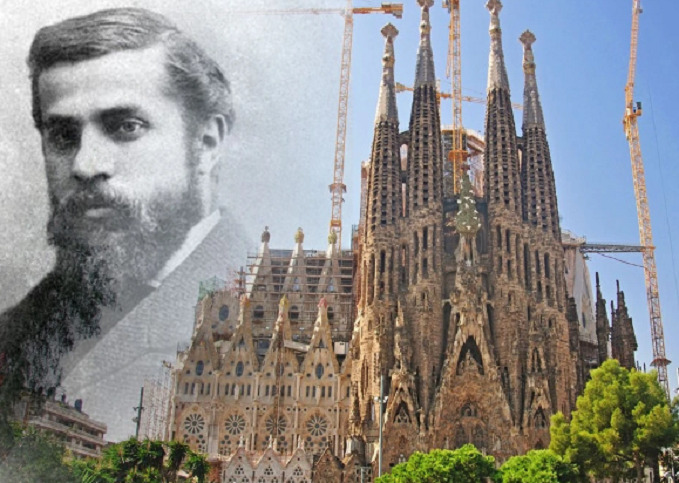Virtue ethics in the field of technology: Albert Cortina and Alfredo Marcos
The World Ahead: Season 2

The EUK Mamie Foundation and HM Television present Exaudi readers with a new season 2 of the series titled “The Coming World”, directed by Albert Cortina.
Cortina is a lawyer specializing in urban planning, territorial planning, environment, and landscape management. He is also one of the first voices in Spain who warned about the claims of transhumanism and its relationship with the New World Order, defining transhumanism as “a scientific mysticism of a utopian nature.”
Albert Cortina interviews, in thematic blocks of seven programs, very diverse guests with whom he hopes that, through their personal worldview and the convergence of knowledge that they will offer us, they will be able to anticipate this “world that is coming” and all its challenges, foreseeing problems and offering solutions from Christian humanism.
If you missed season 1, you can watch it here.
Episode 1: Philosophy of science and postmodernity
Albert Cortina begins this series of conversations with Mr. Alfredo Marcos—professor of Philosophy of Science at the University of Valladolid—by posing a question: What is the object of study of the philosophy of science? The Philosophy of Science reflects on the scientific phenomenon, which permeates our society and our way of doing and living. Albert Cortina, in conversation with Mr. Alfredo Marcos, professor of Philosophy of Science at the University of Valladolid, reasons in these programs about what science is; the importance of the relationship between science and faith and how both can be combined in areas of serious studies; the importance and help that faith can provide to science, with arguments that show that it is a myth that they are always in opposition; and, finally, they will discuss the passage from modernity to postmodernity, with this attempt to base certainty on a scientific method, distorting the autonomy of science until turning it into complete independence.
Episode 2: Science to the Limit
Albert Cortina and Alfredo Marcos—professor of Philosophy of Science at the University of Valladolid—develop this conversation around the word “limit.” There are limits that constitute us as people, for example, the skin protects us and makes us a complete human being. Science also has limits that constitute it and help it adequately play its role. It is important for our development to have constitutive limits and respect them, because they make us who we are and allow us to reach the fullness of what we are called to be and do as people.
Episode 3: Human Nature Meditation
D. Alfredo Marcos — professor of Philosophy of Science at the University of Valladolid — asks us a crucial question: is our human nature really a limit? The “improvement” of our body that transhumanism proposes would make us suppose so. But human freedom depends on human nature, and if one tries to erase all the limits of human nature, in reality what one would be erasing is human nature itself and, with it, the basic conditions for the exercise of freedom. Through this “Meditation of human nature”, we will try to understand what we are and what we are called to be, to know how to set appropriate limits to science.
Episode 4: The Improved Man
We continue the dialogue with Mr. Alfredo Marcos, professor of Philosophy of Science at the University of Valladolid, who has no qualms in affirming that the proposal hidden in the first temptation—”You will be like gods” (Gn 3:5)—is present in transhumanism, even if its promoters ignore it. But by wanting to “improve the human being”, what they achieve is to reduce the autonomy of the subject, conditioning it around a series of parameters that are arbitrarily established as the standard measures of this improvement of the species and ignoring all the moral problems that arise from there they derive. You cannot “add value” to a human being, in the sense that the value of a human being is already from the beginning an absolute value that we call “dignity.” Improving human life does not mean making it different from human, but properly human.
Episode 5: Artificial Intelligence and Algoretics Systems
Mr. Alfredo Marcos, professor of Philosophy of Science at the University of Valladolid, continues this series of conversations with Albert Cortina. This time they focus attention on artificial intelligence. Does artificial intelligence that works independently of humans really exist? Artificial intelligence is among us, it is very useful to us in our daily lives, but we must understand well what it is about and have clear criteria to know to what extent this artificial intelligence can help us and to what extent and in what way it can help us or in which way it can devastate the human essence. Finally, it emphasizes the fact that artificial intelligence is not autonomous, the human element must always be involved, which is the one that programs, controls, legislates and applies it. Although in some cases it can make decisions, it is always based on an algorithm, it is not a prediction of the future.
Episode 6: Freedom and responsibility in the techno-scientific era
Mr. Alfredo Marcos—professor of Philosophy of Science at the University of Valladolid—and Albert Cortina advance their conversations about human beings and technology. They will discuss how technologies affect different scenarios of human life and where the dividing line is between what is morally correct and what is immoral. Professor Marcos affirms that a serious problem is reaching this “virtual world” already enslaved, that is, unable to do without technologies. Certainly, something has failed in the “non-virtual” world when it comes to acquiring virtues and responsibilities when so many young people suffer from addiction to technologies. It is important to provide a sense of responsibility and an endless number of virtues, especially to the new generations, who only know what self-control is in a “metaverse” in which it is very easy to build a non-real life.
Episode 7: Virtues necessary for the world to come
In this last program of the “Virtue Ethics in the Techno-Scientific Era” block, Mr. Alfredo Marcos—Professor of Philosophy of Science at the University of Valladolid—and Albert Cortina direct a look full of hope to the future, while asking themselves: Is the acquisition of virtues truly important? At the bottom of man’s heart is the desire to be good, to live and experience justice, but all this is only possible by carrying out actions such that we can perfect ourselves in virtues. That is why it is important to understand that virtue is not educated for itself, but rather looks upward, it does not remain mere philanthropy. And because of the importance it has in the formation of human beings, it is necessary to train children and young people in the acquisition and practice of virtues to face a world of constant changes.
Related

Words That Illuminate Our Crosses
Mario J. Paredes
16 April, 2025
6 min

More than Human
Luis Herrera Campo
16 April, 2025
3 min

Evangelization and Sanctification of Work
Exaudi Staff
16 April, 2025
6 min

Gaudí, the Mystery Revealed: The Perspective of Paloma Pía Gasset
Exaudi Staff
16 April, 2025
2 min
 (EN)
(EN)
 (ES)
(ES)
 (IT)
(IT)

